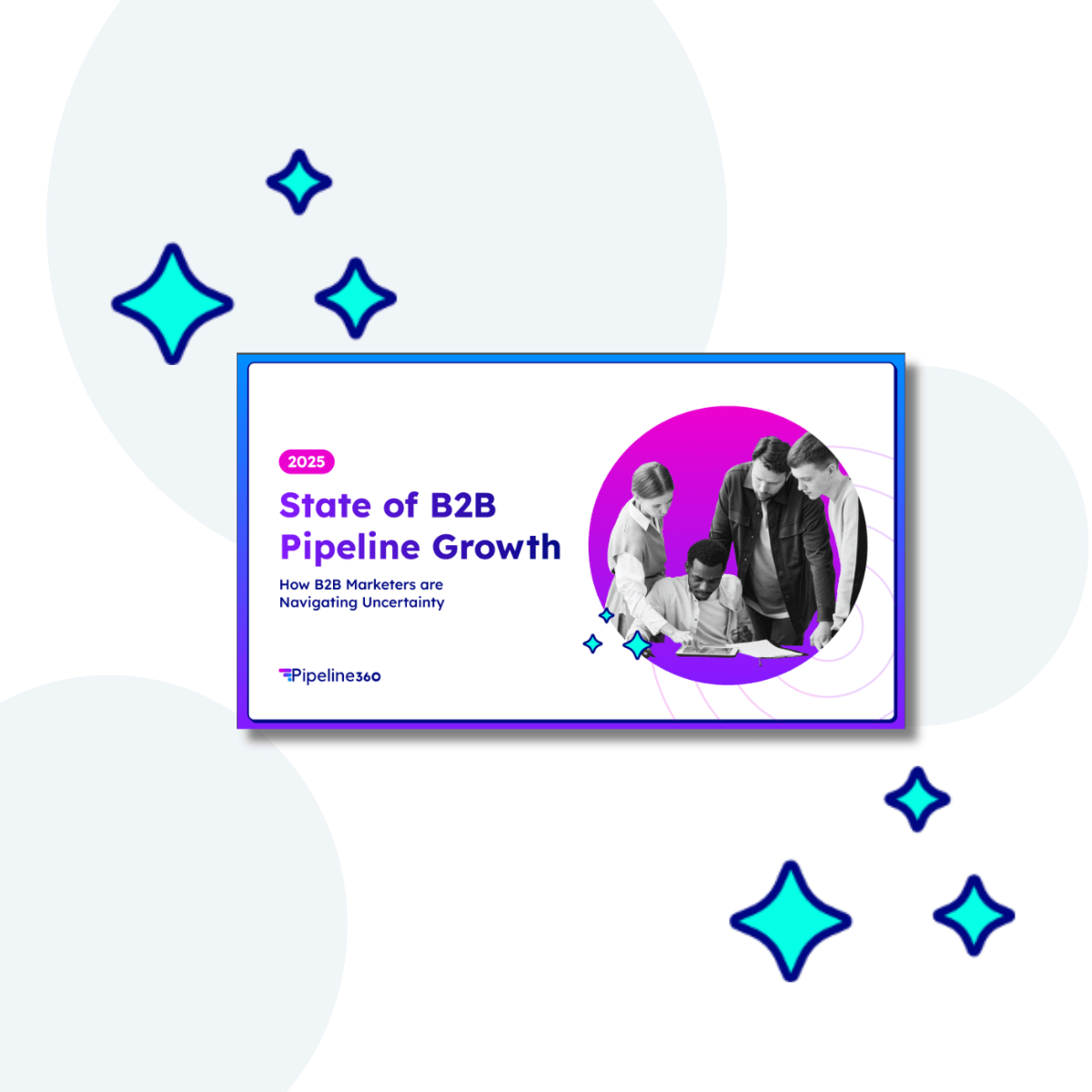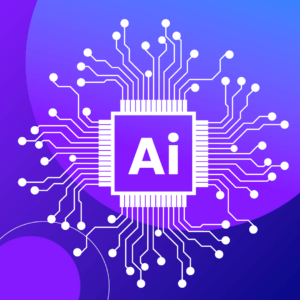Why tracking B2B content marketing trends matters
B2B content marketing isn’t what it used to be. In a landscape defined by tighter budgets, longer sales cycles, and more discerning buyers, the stakes for content have never been higher. It’s no longer enough to create content that simply educates, it also has to perform, which is why staying ahead of B2B content marketing trends is a competitive imperative.
Looking at evolving B2B content marketing trends, we’re seeing a fundamental shift. Volume is no longer the problem. Relevance, personalization, and pipeline impact are. Teams that succeed will be the ones that embrace emerging B2B content trends and build smarter, more agile programs around them. Here’s just some of what we’re seeing:
1. Marketers embrace AI for practical content marketing use cases
According to our recent State of B2B Pipeline Growth data, two of the top three GenAI use cases are squarely in the content marketing arena: content creation and email optimization (both at 36%), ahead of applications like machine learning for customer insights.
What’s more, marketers’ focus is on some of the most pressing of today’s challenges. In particular, marketers are using AI to fix performance gaps, especially where scale and personalization collide. With email still the #1 lead generation channel (used by 66% of teams and 72% of high performers) and 52% citing content personalization as the key to improving lead nurture, AI is becoming the connective tissue between fragmented data and buyer-ready experiences. The focus is on applying AI where it moves the pipeline; faster, smarter, and with relevance that converts.
2. Answer engines are disrupting SEO optimization
The quiet takeover of search by answer engines is one of the most transformational B2B content marketing trends in motion right now.
With the rise of AI assistants and zero-click search, the way buyers discover and consume content is fundamentally changing. According to Gartner, by 2026 25% of all organic traffic will bypass traditional search entirely, flowing instead to AI chatbots and virtual assistants. Meanwhile, nearly 65% of Google searches already end without a click, as users get their answers directly on the results page.
For marketers, this changes everything. It’s no longer enough to rank: your content must answer. That’s why smart B2B teams are now optimizing for direct, structured, high-intent responses rather than just keywords. Among the emerging content marketing trends in B2B, Answer Engine Optimization is fast becoming table stakes for visibility, relevance, and top-of-funnel engagement in B2B content strategy. This is definitely a trend to keep a close eye on.
3. Personalization is the missing link in lead nurturing
Among today’s most urgent B2B content trends, personalized lead nurturing stands out for its direct link to performance. According to our research, only 41% of B2B marketers rate their nurturing programs as “very good” or “excellent.” Thirty-six percent say it needs improvement, and nearly one in four admit it’s either fair or poor. The difference matters. High performers show a 59-point advantage in nurturing quality, correlating strongly with better pipeline health and conversion rates.
The wide gap in performance largely comes down to personalization at scale. As content continues to drive nurture sequences, success hinges on tailoring messages across personas, behaviors, and funnel stages. But that requires deep content libraries, precise tracking, and integrated systems.
To lead in B2B content strategy trends, teams must pair personalization with better engagement insights and tighter sales-marketing collaboration or risk falling behind.
Final thoughts: building a content strategy around what’s next
As B2B content strategy trends continue to evolve, marketers face mounting pressure to drive revenue with less headcount, leaner budgets, and increasingly complex buyer journeys.
What’s clear is that chasing every new trend or martech tool isn’t the answer. In fact, it’s often the problem. That’s why more B2B teams are shifting from fragmented, tool-heavy approaches to a Demand-as-a-Service (DaaS) model; a fully managed, outcomes-driven solution built to generate pipeline at scale. In the face of shifting trends, DaaS helps teams stay focused on strategy while specialized partners handle execution, optimization, and delivery.
It’s a direct response to today’s challenges: overloaded tech stacks, under-resourced teams, and the rising importance of content personalization and performance. With content marketing trends in B2B pointing toward greater integration, scalability, and ROI accountability, DaaS offers the flexibility modern marketers need to act fast and grow faster.




